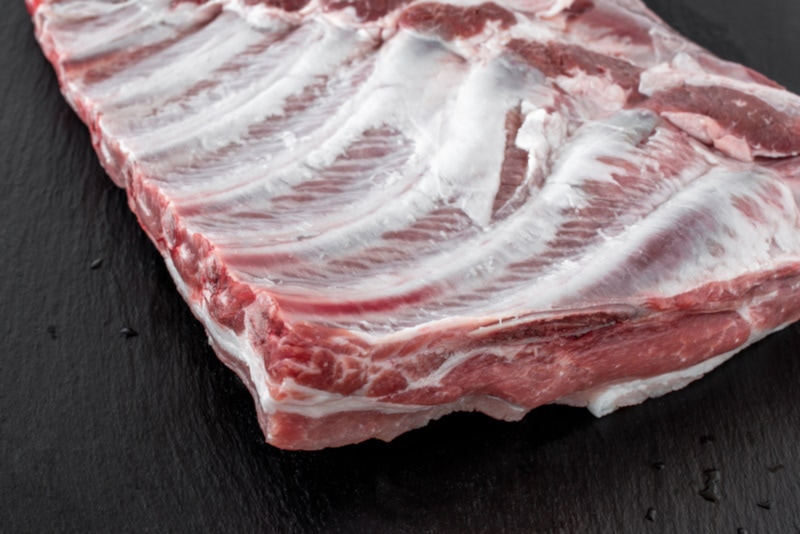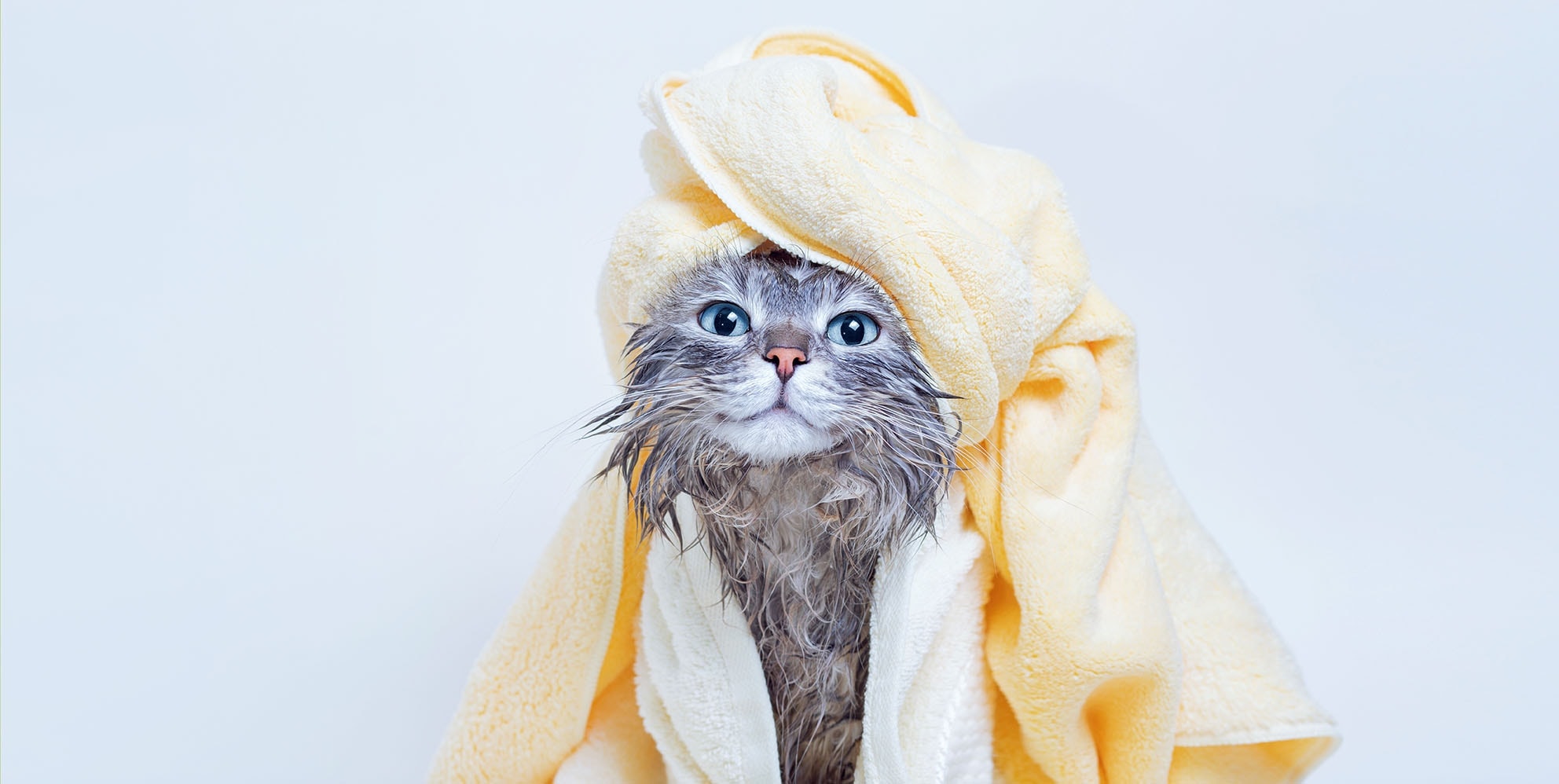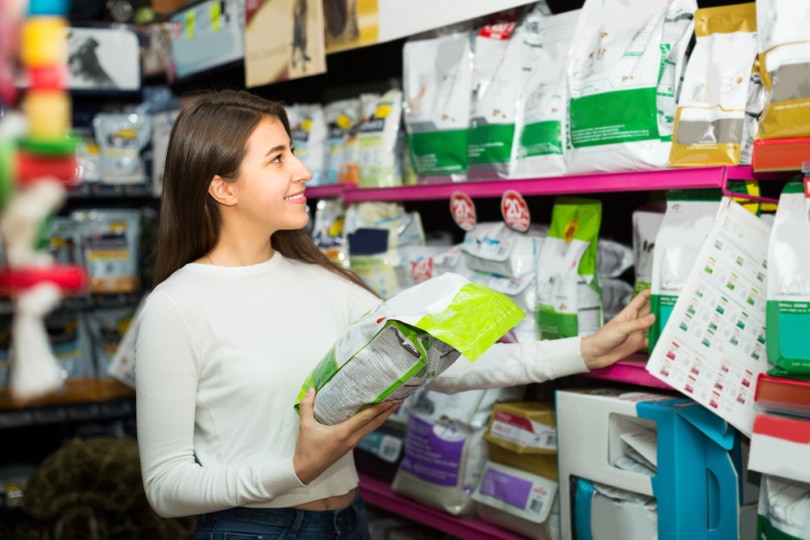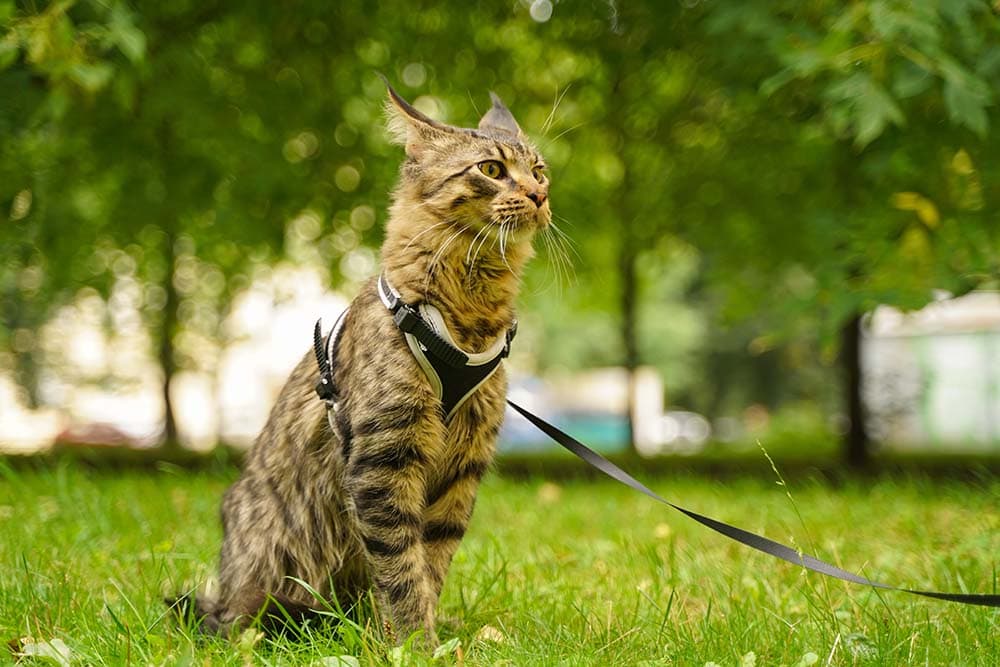Can Cats Eat Ribs? Vet-Approved Health Guide
Updated on

Most cats go crazy for the drifting scent of succulent meat, but not all meat is necessarily good for them. It might be a tempting idea to cook an extra rack of ribs during your barbecue for your cat to enjoy, but can cats even eat ribs? The bones seem like an issue, right? Surprisingly, your cat can enjoy rib meat, but they’re not especially healthy for them and can pose a choking hazard if not prepared in a certain way. Barbecue sauce and other seasonings are off-limits, though—plain meat only.
However, if you’re determined, it’s possible to treat your cat to some pork rib meat every once in a while, while focusing on doing so in a safe, healthy way that minimizes risks. Let’s explore a bit more about exactly what’s in ribs, how healthy they are, and some other general cat diet info.
Nutritional Content of Ribs
Pork ribs are a delicious and nutritious food for humans, albeit a little on the indulgent side. For cats, the picture is a little different. Ribs do contain healthy protein for cats, but they shouldn’t be an everyday offering. Instead, they are okay for an occasional treat for most cats. Let’s break down what’s in those ribs and how it affects your cat.
Pork Ribs Nutritional Content & Benefits for Cats:
- Protein: Pork ribs are high in protein that cats love, helping to fuel their muscles and brain, and supporting their general health. Cats are obligate carnivores and they need their protein to be animal-derived. This is because cats are very poor at manufacturing taurine, which is an essential nutrient for cats. Cats get their taurine from regularly consuming animal-derived protein.
- Fat: Pork ribs are typically high in fat. Just like us, if cats indulge in high-fat foods too often, it can lead to excessive weight gain. The exact fat content varies by the type of ribs you buy.
- Sodium: Pre-packaged pork ribs can have an unhealthy amount of sodium that is not healthy for cats. Never add salt to ribs when feeding some to your cat.

Can My Cat Eat Raw Pork Ribs?
Cats will eat anything meaty, but can they eat raw pork ribs? The answer is no, they really shouldn’t eat raw pork. Raw pork can be harmful because it can be contaminated with bacteria or parasites that will be passed on to your cat. Bacteria such as Salmonella is present in raw pork so we really don’t want our cats eating it both for their own good but also for the health of their humans. Salmonella can be passed out in your cat’s feces which causes significant concern for human health, particularly for, but not limited to, pregnant and immuno-suppressed people. To be safe, you need to fully cook any meat you plan on feeding to your cat.
Serving Tips for Sharing Ribs With Your Kitty
Ribs pose a choking hazard because of the cooked bones inside, which are more likely to splinter and harm your cat’s mouth, throat, or digestive tract. That makes serving ribs a little tricky, but with careful prep work, it’s not terribly difficult. Let’s check out how you can safely serve some pork rib meat to your cat.
- Avoid barbecue sauce, seasonings, salt, and any extra ingredients when cooking ribs your cat will eat.
- Take the meat off the bone and shred it for your cat to mitigate choking hazards.
- Avoid charcoal grills—we recommend roasting your ribs in the oven.
- Closely watch your cat after serving the rib meat to gauge their reaction and see if they suffer any digestive upset.
- Don’t make rib meat a regular part of your cat’s diet, as it’s high in fat and usually packed with extra sodium.

What Foods Should Cats Eat?
Just to be clear, cats should derive the bulk of their nutrition from a balanced and complete dry food with the occasional wet food on the side. The dry food is best for your cat’s teeth, and the wet gives them some added hydration which cats can really benefit from. That said, they love sampling from our plates, so it’s up to you as their owner to screen what they eat. To help you out, we’ve come up with some foods that most cats can safely eat with minimal health risks. When adding new foods to your cat’s diet, especially if they have any underlying health concerns, it’s advisable to run it by your vet first to make sure it is a suitable treat for your cat. Here are some cat safe foods you can use as treats:
| Cooked lean meat: |
Low in fat and high in protein goodness, chicken, turkey, and lean beef are all safe for your cat to eat regularly.
|
| Fish: |
Err toward deboned oily fish like sardines and tuna while avoiding long-lived ocean fish like swordfish that may be high in harmful heavy metals like mercury. Oily fish contains a particular fish oil called DHA, an omega 3 fatty acid, that we know is involved in neurological development.
|
| Eggs: |
Plain, cooked eggs are a rich source of protein and healthy amino acids that cats love to eat.
|
| Veggies: |
Yes, some cats enjoy veggies but they are not part of the natural feline diet. It is important to offer only cooked vegetables if you are going to offer them at all as cats aren’t able to break down the cell wall of plant matter. A few of the best are broccoli, green beans, and peas. Remember never to offer your cat onions, chives, shallots or garlic.
|
Conclusion
Cats won’t hesitate to chow down on a rack of ribs right beside you, but it’s best to carefully prepare and serve them in very small amounts as a treat. Ribs shouldn’t be a regular meal, with lean meats and kibble being preferable to keep your cat healthy.
Featured Image Credit: CeltStudio, Shutterstock













